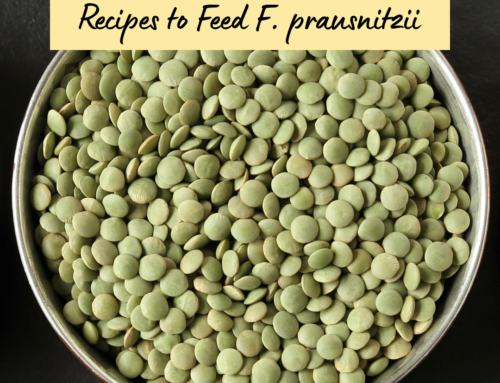If you’re reading this, you likely face some sort of stressor regularly – whether it’s work, finances, or kids, some level of stress is just part of modern life.
Everyone experiences stress to some degree – but each body responds to it differently. Your body’s physical stress response can make or break your mental health.
Gut health plays an integral role in modulating our stress responses. Let’s take a look at why that is.
Listen to Your Gut
The composition of our microbiomes highly influences our susceptibility to stress.
If you’re a bit lost on the microbiome topic, we recommend checking out our blogs on dysbiosis before diving into this one.
The gut microbiome is made up of more than 100 trillion intestinal microbiota. Crazy, right?
These gut microbiota have been linked to changes in the development and proper functioning of brain areas involved in learning, memory, and stress response. See our blog on the gut-brain axis to learn more about these connections.
Increased stress hormones may influence stool regularity, peristalsis, stomach acid secretion, and other aspects of digestion – which affect the microbiota living in the intestines.
Some bacterial species release metabolites, toxins, and hormones that alter mood and upregulate the stress response.
For example, your gut microbiota sends signals to your brain (and vice versa) through the vagus nerve. These signals are mediated by short-chain fatty acids (SFCAs), which are produced when beneficial gut microbiota break down dietary fibers. These SCFAs help make the intestines less habitable for undesirable bacteria (that’s a good thing!).
One SFCA called butyrate plays a significant role in mental health, among other things. Butyrate is involved in producing “feel-good” neurotransmitters such as serotonin and gamma-aminobutyric acid (GABA).
Stress (essentially) distracts the vagus nerve from adequately regulating the digestion process. This lack of vagus nerve function can cause many health issues that take a toll on mental health and digestion.
One consequence is a decrease in the gut’s protective mucus layer, resulting in increased intestinal permeability (also referred to as “leaky gut”). The intestinal wall’s permeability permits bacteria and toxins to enter the bloodstream, triggering immune responses (inflammation).
Too much inflammation can have downstream detrimental effects on digestive and mental health. Depression and anxiety are often caused by excess inflammation, for example.
Stress has also been associated with reducing beneficial and essential lactic acid-producing bacteria. They are critical to digestion and immune modulation.
All in all, scientists are confident that excess stress negatively impacts digestive and mental health.
You might be thinking – stress isn’t completely avoidable in my life. How do I mitigate its physical consequences?
You Are What You Eat
As mentioned earlier, certain bacteria produce SCFAs by fermentation of dietary fiber – and SCFAs are a vital aspect of the gut-brain axis.
If you’re stressed, upping your SCFAs may help mitigate the tolls stress takes out on your digestive system.
How? Consume lots of plant fiber.
Aim for 25 different fruits, vegetables, nuts, seeds, and legumes per week. Remember – bacteria produce SCFAs by fermenting fiber, so consuming plenty of it will increase your SCFAs.
And – everyone’s least favorite advice, we know – reduce your consumption of highly processed foods. Anything that has a destructive effect on the integrity of the intestinal barrier will amplify the impact stress has on your digestive and mental health.
We know diet interventions aren’t a piece of cake (no pun intended) – when stressed, people often reach for carbs.
And we say, go ahead! Reach for plenty of carbs – but pick healthy sources. Try frozen bananas with plant milk and a hearty dose of cocoa powder for a makeshift chocolate ice cream. You got this!
Bacteria for Your Brain
You may have heard of probiotics, which are beneficial bacteria – but you might not have heard of psychobiotics.
Psychobiotics is a research area investigating the relationship between probiotics and mental health.
Researchers have found that strains of Lactobacillus (the lactic acid-producing bacteria mentioned previously) can improve our mood and response to stress.
Prebiotics may also be helpful. These are fibers that act as food for beneficial microbes living in the gut. Various types of prebiotic supplements exist, but you can also get them from your diet. Onions, bananas, and artichokes are common favorites.
Just remember, probiotic and prebiotic supplements will vary in effectiveness from person to person since we all have a unique gut microbiota profile. If you’re serious about drastically improving your gut microbiome, we recommend working with a healthcare professional such as a gut health registered dietitian to make a splash.
It’s a Gut Feeling
We recognize that stress is an integral part of our modern lives. Do what you can to reduce it – yoga, meditation, therapy, all of that good stuff – but perhaps more importantly, do what you can to improve your body’s response to stress. And that starts with gut health.
Tag us in your digestive wellness journey @igynutrition on Instagram! Happy mixing.




